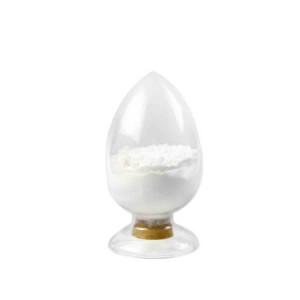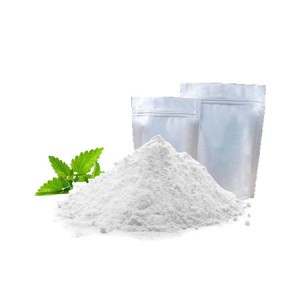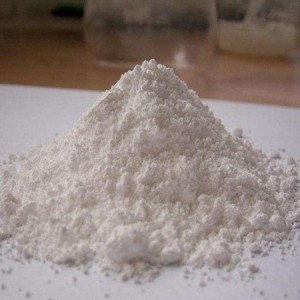Citric Acid Anhydrous Food Grade CAS No.77-92-9
Description of goods: Citric Acid Anhydrous
Mol.formula: C6H8O7
CAS No. : 77-92-9
Grade Standard: Food Grade Tech Grade
Purity: 99.5%
Specification
| item | Specifications | Results |
| Appearance | Colorless or white crystal | Colorless or white crystal |
| Identification | Complies with the limit test | Conforms |
| Purity | 99.5~101.0% | 99.94% |
| Moisture | ≤1.0% | 0.14% |
| Sulphated Ash | ≤0.001 | 0.0006 |
| Sulphate | ≤150ppm | <150ppm |
| Ocalic acid | ≤100ppm | <100ppm |
| Heavy Metals | ≤5ppm | <5ppm |
| Aluminium | ≤0.2ppm | <0.2ppm |
| Lead | ≤0.5ppm | <0.5ppm |
| Arsenic | ≤1ppm | <1ppm |
| Mercury | ≤1ppm | <1ppm |
Application
Used in food industry
Because citric acid has a mild and refreshing acidity, it is widely used in the manufacture of beverages, soda, wine, candy, snacks, biscuits, canned fruit juice, dairy products and other foods. Among all organic acids, citric acid has a market share of more than 70%. So far, there is no acid agent that can replace citric acid. One molecule crystalline water citric acid is mainly used as acidic flavoring agent for refreshing beverages, juices, jams, fructose and cans, and also as antioxidant for edible oils. At the same time, it can improve the sensory properties of food, enhance appetite and promote the digestion and absorption of calcium and phosphorus in the body. Anhydrous citric acid is widely used in solid drinks. Salts of citric acid, such as calcium citrate and iron citrate, are fortifiers that need to be added to certain foods. Esters of citric acid, such as triethyl citrate, can be used as non-toxic plasticizers to make plastic films for food packaging. They are sour agents and preservatives in the beverage and food industries.
For chemical and textile industries
Citric acid can be used as reagent for chemical analysis, as experimental reagent, chromatographic reagent and biochemical reagent, as complexing agent and masking agent, and as buffer solution. Using citric acid or citrate as washing aids can improve the performance of washing products, precipitate metal ions quickly, prevent pollutants from re-attaching to the fabric, maintain the necessary alkalinity for washing, disperse and suspend dirt and ash, improve the performance of surfactants, and it is a good chelating agent; it can be used for testing. Acidic Resistance Reagent for Building Ceramic Tiles.
Formaldehyde pollution of clothing is a very sensitive problem. Citric acid and modified citric acid can be used to make a formaldehyde-free crease-proof finishing agent for cotton fabric. Not only the wrinkle-proof effect is good, but also the cost is low.
For environmental protection
Citric acid-sodium citrate buffer is used for flue gas desulfurization. China is rich in coal resources, which is the main part of energy. However, there has been a lack of effective flue gas desulfurization technology, resulting in serious atmospheric SO2 pollution. At present, China’s SO2 emissions have reached nearly 40 million tons in the past two years. It is urgent to study an effective desulfurization process. Citric acid-sodium citrate buffer solution is a valuable desulfurization absorbent because of its low vapor pressure, non-toxicity, stable chemical properties and high SO2 absorption rate.
Package
In 25kg palstic woven bag












